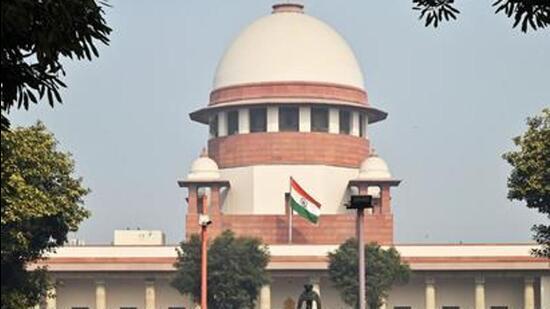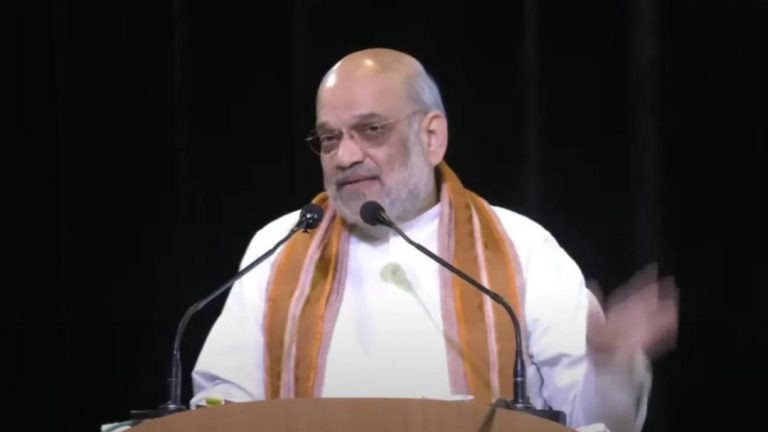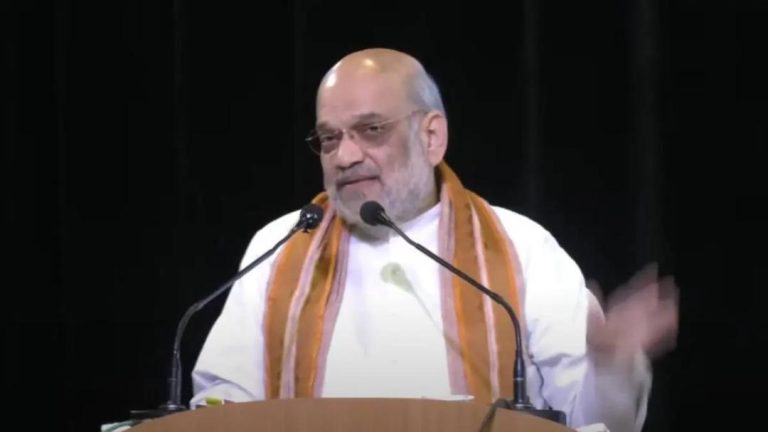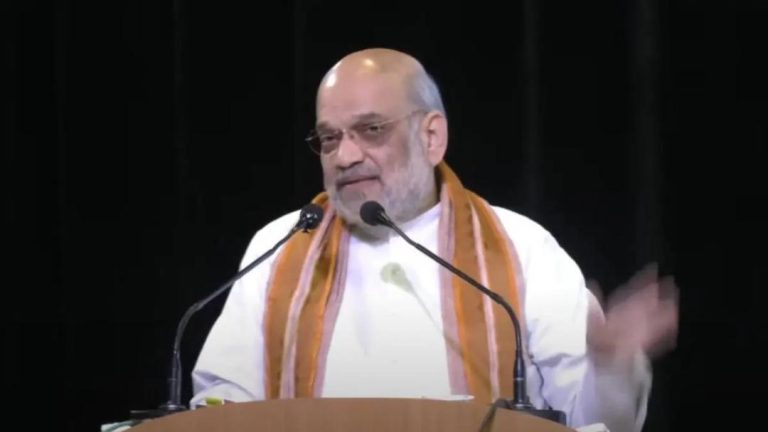
Calling someone ‘Miyan-Tiyan’ & ‘Pakistani’ not an offence: Supreme Court
In a recent ruling, the Supreme Court of India has declared that using terms like “Miyan-Tiyan” and “Pakistani” to address someone is in poor taste, but does not constitute a criminal offence. This verdict has sparked a heated debate on social media and online forums, with many people questioning the court’s decision.
The case in question involved an 80-year-old man who was accused of hurling abuses at an Urdu translator in Jharkhand. The translator had alleged that the elderly man used derogatory terms to address him, including “Miyan-Tiyan” and “Pakistani”. The case was filed under Section 153A of the Indian Penal Code, which deals with promoting enmity between different groups.
However, the Supreme Court has now ruled that the remarks made by the elderly man do not amount to hurting religious sentiments, and therefore, cannot be considered a criminal offence. The court’s decision was based on the fact that the terms used were not specifically targeted at a particular religion or community.
In its ruling, the Supreme Court noted that while the terms used may be considered derogatory or offensive, they do not necessarily constitute a criminal offence. The court emphasized that the intention behind the remarks is crucial in determining whether they are offensive or not.
This decision has sparked a heated debate on social media, with many people expressing their disagreement with the court’s verdict. Some have argued that the terms used are inherently offensive and should be considered a criminal offence. Others have criticized the court for not taking strong enough action against the elderly man.
However, others have argued that the court’s decision is a welcome step towards promoting tolerance and understanding. They argue that the court’s ruling recognizes that words alone do not necessarily constitute a criminal offence, and that the intention behind the remarks is more important than the words themselves.
The Supreme Court’s decision is also seen as a significant step towards promoting freedom of speech and expression in India. Many have argued that the court’s ruling sets a precedent for protecting freedom of speech, even when it is used to make offensive or derogatory remarks.
In conclusion, the Supreme Court’s ruling that calling someone “Miyan-Tiyan” and “Pakistani” is not an offence is a complex and nuanced decision. While some may argue that the terms used are inherently offensive, others see the court’s decision as a welcome step towards promoting tolerance and understanding.
Regardless of one’s opinion on the matter, it is clear that the Supreme Court’s decision highlights the importance of considering the intention behind words, rather than just the words themselves. By doing so, the court has set a precedent for promoting freedom of speech and expression in India, while also recognizing the need to protect religious sentiments and promote tolerance.





